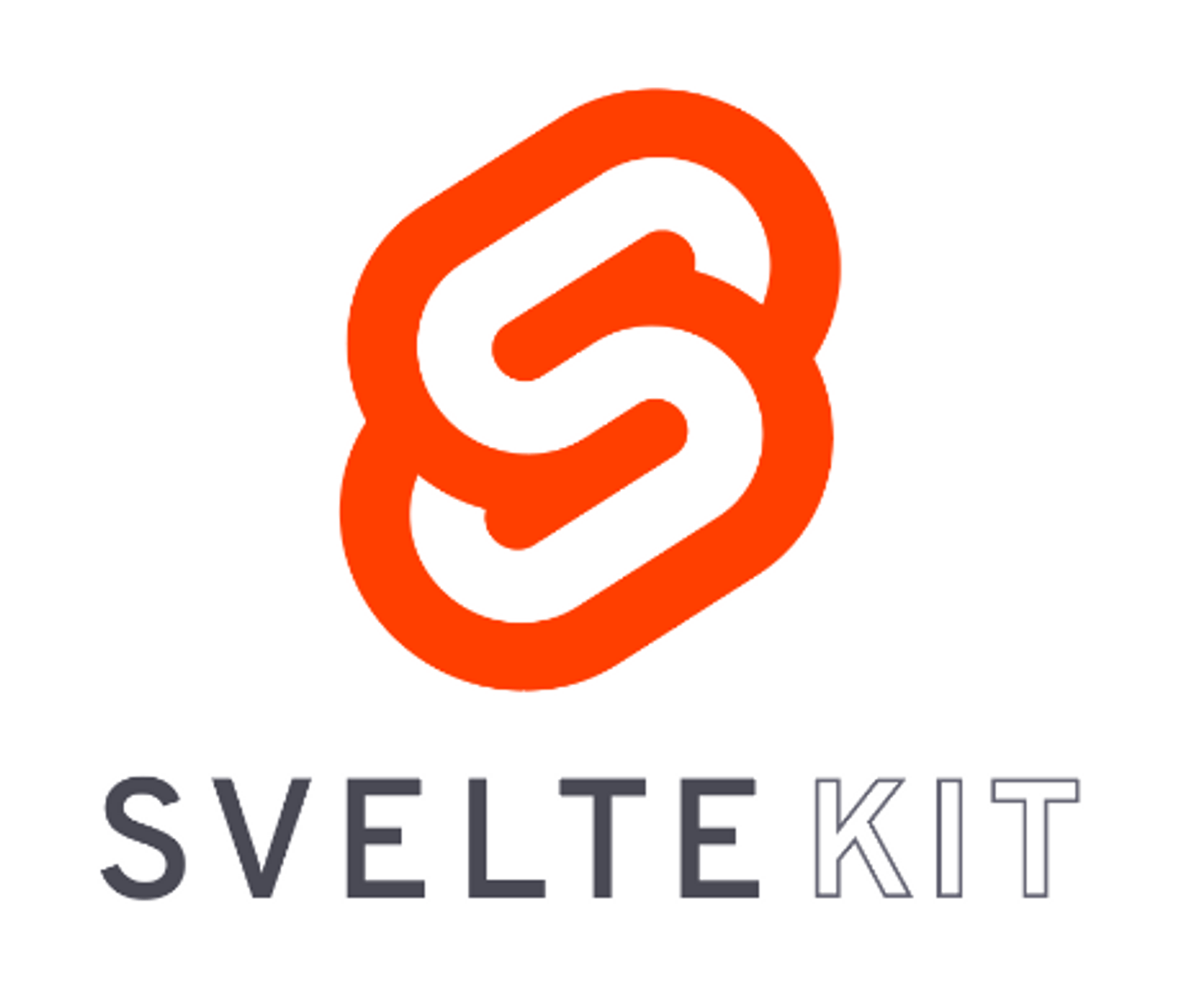What is a Static Website?
A static website, unlike its dynamic counterpart, is composed of fixed HTML, CSS, and JavaScript files. These websites offer a lightweight and straightforward approach to online representation, as each page is prebuilt and does not require server-side processing or database integrations.
Understanding Static Site Generators and the Build Process
To fully grasp the advantages of static websites, it's essential to understand the role of a static site generator (SSG) and the build process. A static site generator is a tool that automates the creation of static web pages. It takes your content, typically stored in a Content Management System (CMS), and generates a complete static website.
A static website is pre-built and served as simple HTML files. The build process of a static site generator is triggered whenever you update your content in the CMS. It retrieves the latest content and generates a static version of your website. This approach eliminates the need for database queries and server-side processing during user requests, resulting in faster page load times.
During the build process, the static site generator optimizes all assets and code to ensure optimal performance. This optimization step plays a vital role in improving speed, reducing bandwidth usage, and enhancing the overall user experience. By eliminating unnecessary code and optimizing assets, static site generators enable websites to load quickly, providing a seamless browsing experience for visitors.
Enhanced Speed and Performance
One of the primary advantages of static websites lies in their remarkable speed and performance. By eliminating the need for server-side processing, the web pages load quickly and efficiently. This superior performance not only enhances user experience but also contributes to higher search engine rankings. Search engines, such as Google, prioritize websites that provide a seamless browsing experience to their users, leading to increased organic traffic and better visibility.
Impenetrable Security
Security is a critical concern for any website owner. With static websites, the risk of vulnerabilities and security breaches is considerably reduced. Since static sites do not rely on databases or server-side scripting languages, such as PHP, they are inherently less prone to hacking attempts and malicious attacks. Moreover, the simplified architecture of static websites makes them less susceptible to common vulnerabilities, such as SQL injections or cross-site scripting. By adopting a static website approach, you can provide a secure environment for your users and protect sensitive data.
Superior SEO Potential
Now, let's discuss the aspect you've been eagerly waiting for - the search engine optimization (SEO) potential of static websites. While there are multiple factors that influence search rankings, the quality of content plays a crucial role. With a static website, you have complete control over the content, enabling you to create highly optimized, keyword-rich pages that resonate with your target audience.
Low CO2 Footprint
The environmental impact of websites has become a growing concern. Traditional dynamic websites often require significant server resources, leading to higher energy consumption and carbon emissions. In contrast, static websites have a considerably lower carbon footprint. Since static sites are served as simple HTML files, they require fewer server resources, resulting in reduced energy consumption. By adopting static site generators, you contribute to a more sustainable web ecosystem and play a part in mitigating climate change.
Conclusion:
Static websites and static site generators offer a range of advantages that can significantly elevate your online presence. With faster load times, enhanced security, seamless scalability, a reduced carbon footprint, and SEO potential, these tools provide a robust foundation for your website's success. Embrace the power of static websites and static site generators to optimize your digital presence and stay ahead in today's competitive online landscape.
Top Static Site Generators We Love and Recommend
-
Astro
Astro redefines web development by seamlessly combining the Multi-Page Application (MPA) architecture with the island approach. With Astro, you can integrate both Static Site Generation (SSG) and Server-Side Rendering (SSR). Benefit from advanced asset optimizations, delivering outstanding speed and performance.
-
Sveltekit
SvelteKit, based on the Svelte JavaScript framework, empowers developers to build performant web applications and static sites. With server-side rendering, client-side hydration, and seamless routing, SvelteKit simplifies the creation of dynamic and SEO-friendly websites.
-
Nuxt
Nuxt.js is a powerful framework that significantly speeds up web development. With its intuitive architecture and seamless integration with Vue.js, Nuxt.js empowers developers to create highly performant and scalable web applications. Benefit from Nuxt.js's built-in server-side rendering (SSR), automatic routing, and effortless configuration, enabling rapid development and excellent SEO capabilities. Its extensive plugin ecosystem and out-of-the-box support for modern JavaScript features make Nuxt.js a top choice for building cutting-edge websites.
-
Hugo
Hugo is a popular static site generator that simplifies the process of building fast and scalable websites. It offers a simple yet flexible templating system and a wide range of features for content management and organization. The drawback of Hugo is that it lacks uniform optimization capabilities for all assets, unlike SvelteKit and Astro.



